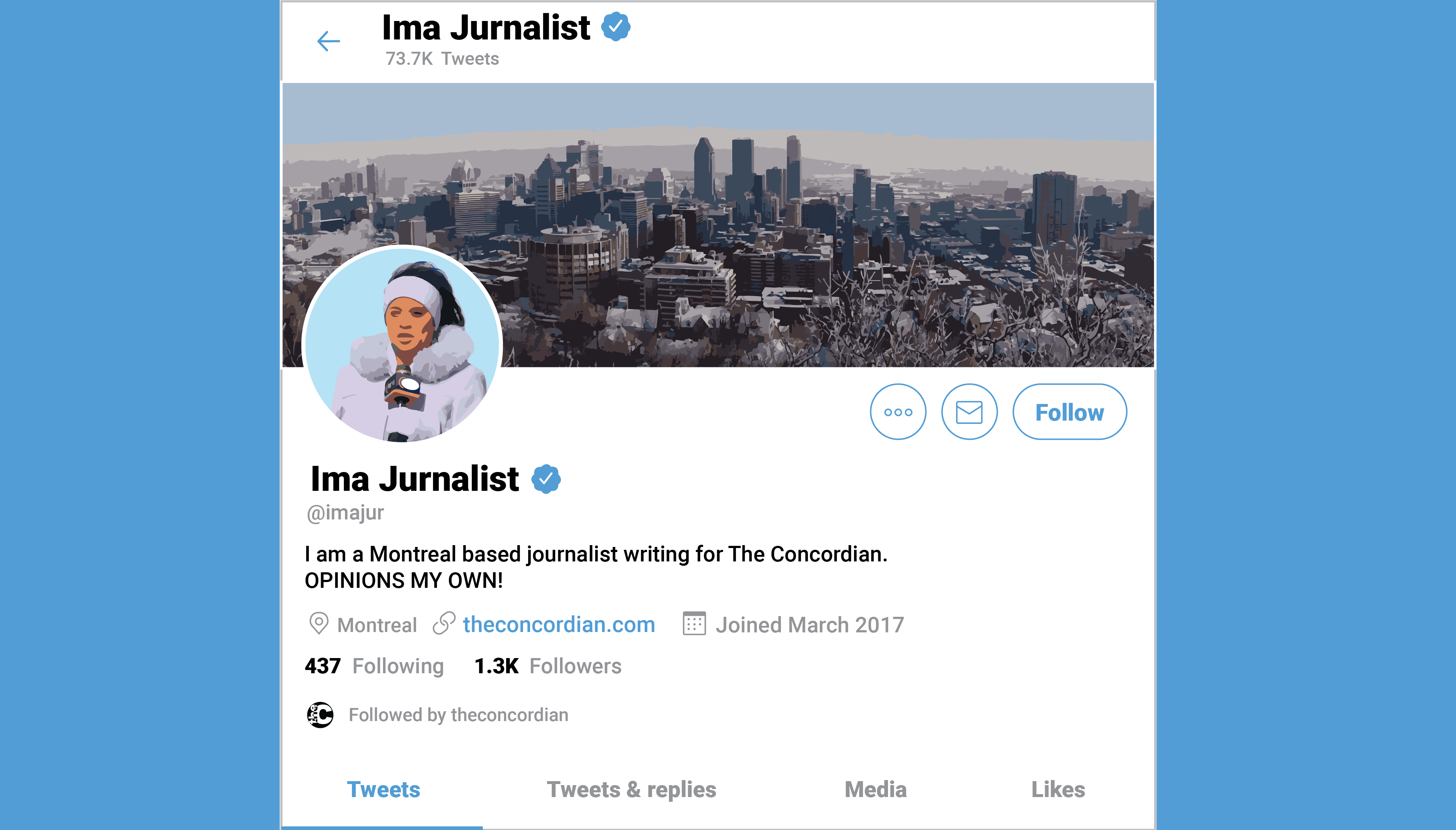As a journalist whose existence is inherently political, presenting myself as politically neutral feels impossible.
I began questioning the idea that this was achievable during the first semester of my journalism major. During a lecture on social media guidelines, a professor argued that professional journalists were expected to be neutral online and that our profiles, public as well as private, should be used with precaution. In their defence, the stance of journalistic neutrality is a topic that is still being debated today. The same professor then put up their Twitter and Facebook profile which were both free from any personal news and opinion: a journalist with no identity.
I glanced to my right and then quickly to my left anticipating a reaction from my peers. I still don’t know whether I was the only one bothered by what we were being told, or if other students were just better at keeping a neutral expression. All I know is that in that moment I felt distressed because I knew that as a lesbian, my identity is anything but neutral.
That is not to say that my sexual orientation would ever interfere with my ability to report on stories which overlap with my sexual identity, but rather that no matter how objective my coverage may be, my identity is and always remains a political statement. Am I not to post photos of my girlfriend and I on Instagram? Would Tweeting about The L Word someday get me reprimanded?
The Canadian Press has come up with a set of rules for journalists to follow on social media platforms. “Journalists should not make reference in their profiles to any political affiliations, nor should they post material that could be construed as expressing a political opinion.” This prompts me to ask, how can we expect any member of a marginalized community, whether they’re Indigenous, black, trans, disabled or anyone in between, to be neutral when faced with a story that debates over their own humanity? The simple answer is that we can’t and we shouldn’t.
Trans man and freelance journalist, Lewis Wallace, made headlines in 2017 after he was fired for publishing a post on Medium in which he suggested journalists have to rethink objectivity. “The idea that I don’t have a right to exist is not an opinion,” stated Wallace. “It is a falsehood.” It’s true that journalists have a duty to serve the public, but this doesn’t have to come at the expense of their beliefs, nor should it force them to repress any part of their identity.
Like most journalists on Twitter, my bio consists of a list of my different titles: photo editor, student, journalist, etc.. But contrary to the majority of journalists, my bio also includes “proud lesbian.” A statement that directly breaks the rules meant to be followed by journalists across the country.
In my case, passing as straight is no obstacle – in fact, more often than not people assume that I am – this gives me the privilege to present myself however I see fit. I choose to present myself as a lesbian woman because that is who I am and no matter how hard I try, I cannot seperate myself from my identity, nor do I want to.
As former New York Times columnist Tom Wicker said: “We’re human beings first and journalists second; otherwise there’s something entirely wrong with us.”




